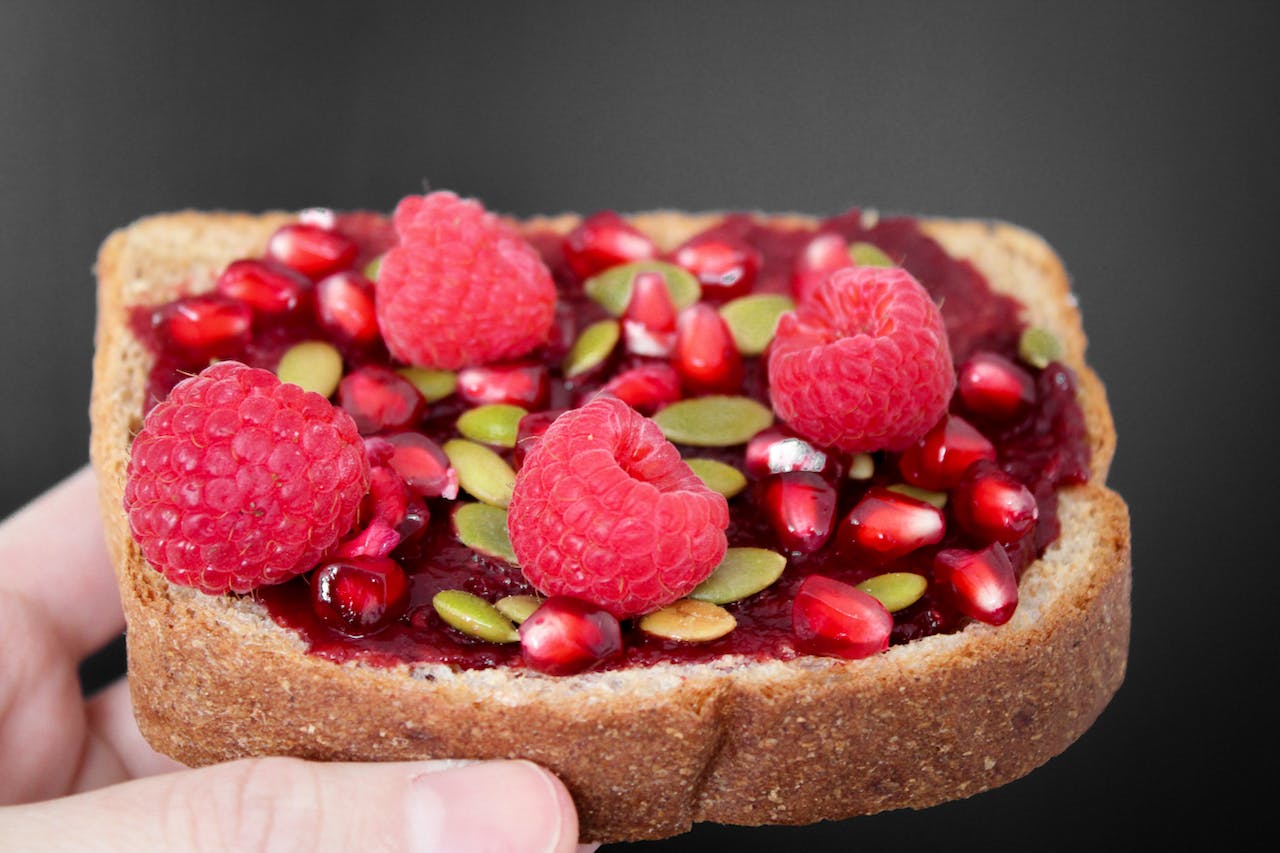Living with kidney disease requires careful attention to your diet. The foods you consume play a crucial role in managing the condition and maintaining overall health. In this comprehensive guide, we'll delve into the specifics of what foods to avoid with kidney disease, providing you with valuable insights and practical tips to make informed choices for a kidney-friendly diet.
The Importance of Diet in Kidney Disease
1. Impact of Diet on Kidney Function
Your kidneys are responsible for filtering waste and excess fluids from your blood. When kidney function is compromised, certain dietary adjustments become necessary. A well-planned diet can help manage symptoms, slow the progression of the disease, and improve your overall quality of life.2. Balancing Nutrients for Kidney Health
Maintaining a balance of essential nutrients is critical for kidney patients. Protein, sodium, phosphorus, and potassium are key components that require careful monitoring. Striking the right balance is essential to prevent complications and support optimal kidney function.Foods to Avoid with Kidney Disease
1. High-Potassium Foods
Overview
Potassium is a mineral that plays a vital role in nerve and muscle cell function. However, individuals with kidney disease may struggle to excrete excess potassium, leading to a dangerous buildup in the bloodstream.Avoid: Bananas, Oranges, Potatoes, and Tomatoes
While these foods are rich in essential nutrients, they are also high in potassium. Opt for lower-potassium alternatives such as apples, berries, and green beans to meet your nutritional needs without overloading on potassium.Testimonial: Jane's Experience
"I used to love my daily banana, but after being diagnosed with kidney disease, I had to make a switch. Switching to apples and berries not only helped me manage my potassium levels but also added variety to my diet."2. Phosphorus-Rich Foods
Understanding Phosphorus
Phosphorus is another mineral that requires attention in a kidney-friendly diet. Elevated phosphorus levels can lead to bone and heart complications for individuals with kidney disease.Avoid: Dairy Products, Nuts, and Colas
Reducing the intake of dairy, nuts, and cola beverages can help manage phosphorus levels. Explore alternatives like rice milk and limit your intake of processed foods containing phosphorus additives.Scientific Insight
A study published in the Journal of Renal Nutrition found that restricting dietary phosphorus improved bone health in patients with chronic kidney disease.3. Sodium and Fluid Retention
The Sodium Dilemma
Sodium can contribute to fluid retention, increasing blood pressure and straining compromised kidneys. Managing sodium intake is crucial for kidney patients.Avoid: Processed Foods, Canned Soups, and Pickles
Processed and canned foods often contain hidden sodium. Opt for fresh, whole foods and use herbs and spices to flavor your meals instead. This simple switch can have a significant impact on your sodium intake.Practical Tip: Reading Labels
Become a label detective. Look for sodium content in packaged foods, and choose products labeled "low sodium" or "sodium-free" whenever possible.4. Protein Moderation
Protein and Kidney Function
While protein is essential for muscle health, excessive protein intake can strain the kidneys. Striking a balance is crucial for individuals with kidney disease.Avoid: Red Meat and High-Protein Supplements
Red meat is a significant source of high-quality protein but also comes with a hefty load of phosphorus. Consider leaner protein sources such as poultry, fish, and plant-based options like tofu.Testimonial: Mark's Journey
"I was a gym enthusiast and used to rely heavily on protein supplements. When diagnosed with kidney disease, my diet needed a major overhaul. Switching to plant-based proteins not only helped my kidneys but also improved my overall health."Crafting a Kidney-Friendly Diet Plan
1. Consulting with a Dietitian
Personalized Guidance
Every individual's nutritional needs are unique. A registered dietitian specializing in kidney disease can provide personalized guidance, considering factors like age, weight, and the stage of kidney disease.Facts: Dietitian's Role
According to the National Kidney Foundation, working with a dietitian can significantly improve outcomes for individuals with kidney disease.2. Portion Control and Meal Planning
The Power of Portions
Controlling portion sizes is vital for managing nutrient intake. Smaller, more frequent meals can help distribute the workload on the kidneys and prevent overloading.Practical Tip: Creating a Meal Calendar
Plan your meals in advance to ensure a well-balanced diet. Include a variety of colors and textures to make your meals visually appealing and nutritionally diverse.
3. Hydration Matters
Balancing Fluid Intake
Proper hydration is crucial for kidney function. However, individuals with kidney disease may need to monitor fluid intake to avoid excessive strain on the kidneys.
Scientific Insight
A study in the American Journal of Kidney Diseases highlighted the importance of maintaining adequate hydration to prevent kidney stone formation in patients with chronic kidney disease.Conclusion
In conclusion, managing kidney disease through dietary choices is a multifaceted endeavor. By understanding the impact of specific foods on kidney function and implementing practical changes, individuals can enhance their well-being and slow the progression of the disease. Remember, the journey to a kidney-friendly diet is unique for each person. Consult with healthcare professionals, embrace personalized guidance, and make informed choices to pave the way for a healthier life with kidney disease.Are you tired of living under the shadow of kidney disease? Are you yearning for a life free from the shackles of dialysis, kidney failure, and the looming threat of kidney transplants? If so, you're in the right place at the right time.
Imagine waking up every morning with boundless energy, feeling rejuvenated and ready to take on the day. Envision a life where your kidneys are functioning optimally, and you no longer dread the burdensome routines of dialysis sessions. The Kidney Disease Solution Program is here to turn that vision into reality for you.


